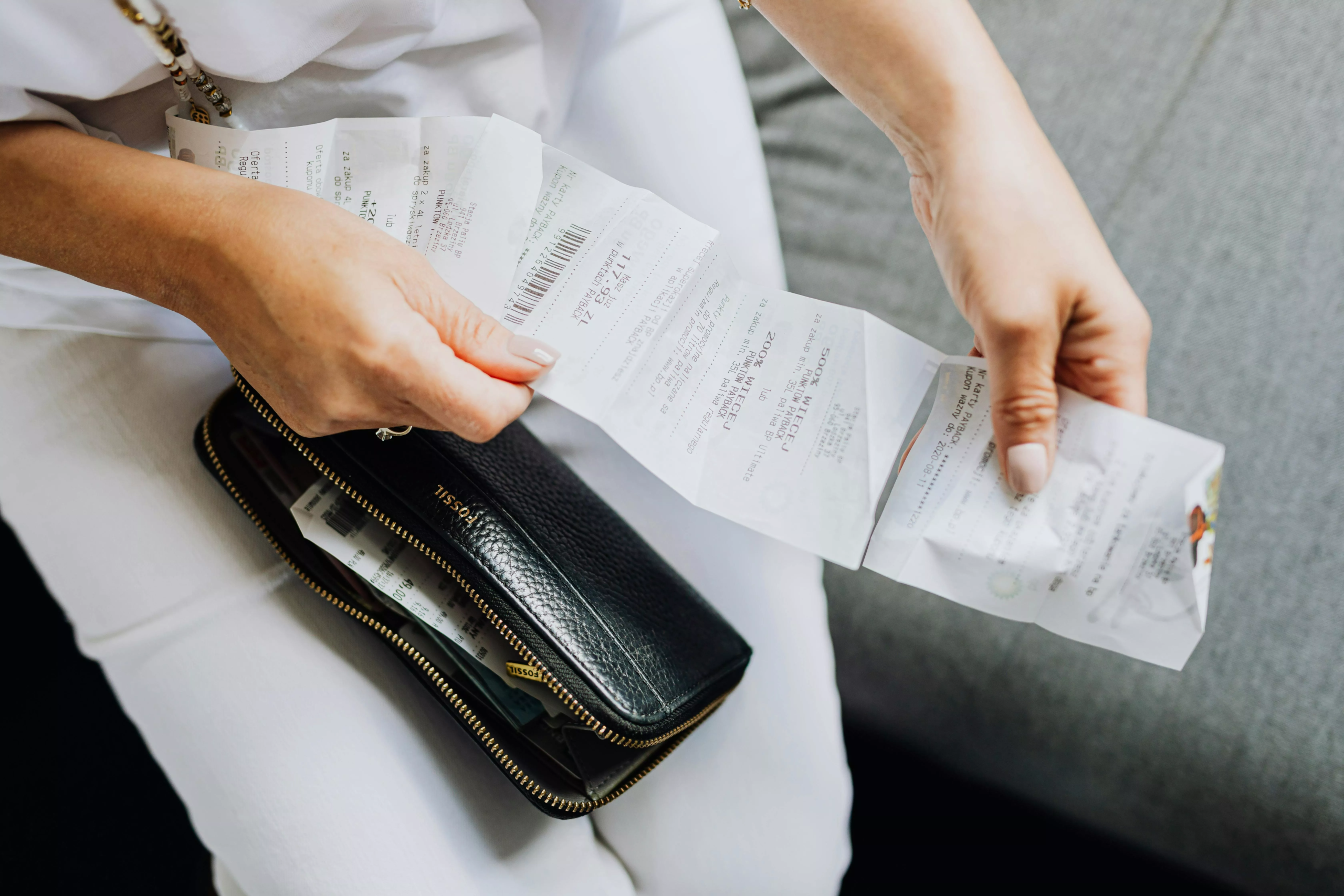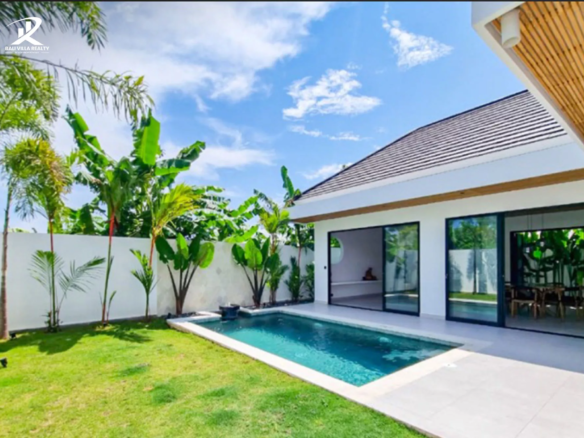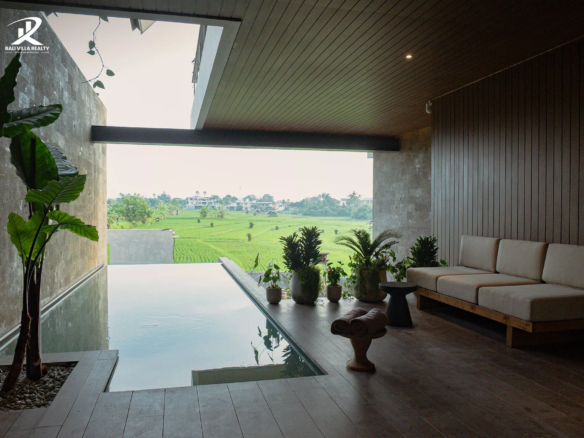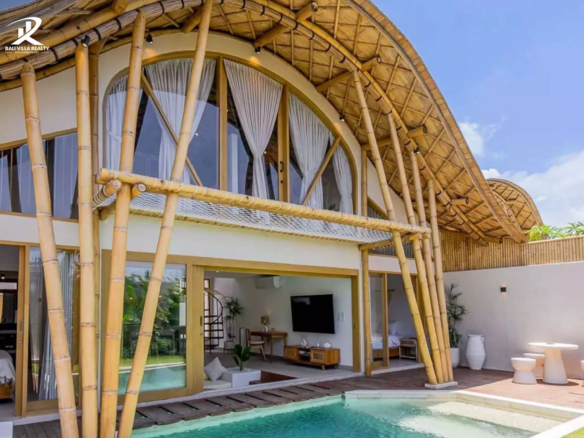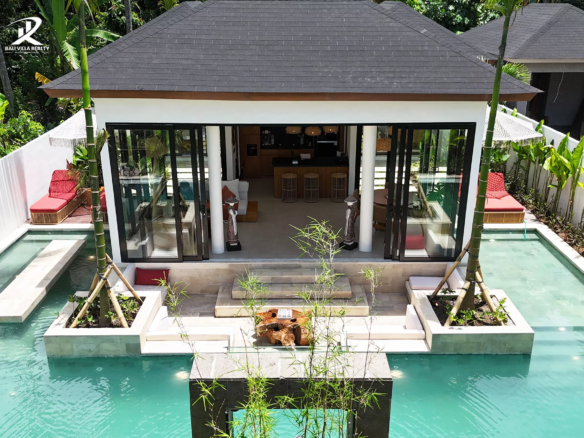If you’re a foreigner looking to buy property in Indonesia, you might have heard about a nominee agreement. It’s often described as a “simple way” to bypass Indonesia’s strict property rules. But in reality, using a nominee agreement could land you in serious legal trouble.
It’s best to avoid this strategy when purchasing property in Bali. Let’s take a closer look at the real risks of nominee agreement in Bali, Indonesia—and explore better, legal alternatives for foreigners who want to own a villa in Bali.

Get a Customized Investment Plan in Bali
With over 15+ years in the market, here’s what we can do for you:
- Find the best location to invest in Bali.
- Reliable guidance on Bali’s property market and laws.
- Personalized strategy to maximize returns and meet your financial goals.
Contents
Key Takeaways
- Nominee agreements are illegal and unprotected under Indonesian law, putting foreigners at high risk of losing their property with no legal recourse.
- Real cases show serious consequences, including property loss, scams, and government crackdowns, making nominee setups a national legal concern.
- Legal alternatives for foreigners include setting up a PT PMA or using a leasehold agreement, both offer safe, law-compliant paths to invest in Bali property.
Top Villa Deals: Available Bali Villas for Sale - Leasehold and Freehold
What Is a Nominee Agreement?
A nominee agreement is an arrangement where a local Indonesian citizen holds property on behalf of a foreigner.
In simple terms, the foreigner provides the funds to buy the property, but the title deed is in the name of the local nominee. The agreement states that the foreigner is the true owner, while the nominee holds the property in trust.
While this might sound like a win-win, you need to be cautious. A nominee agreement is not legally recognized in Indonesia. No matter how detailed or signed the agreement is, it won’t stand up in court if something goes wrong.
Read More: New Regulations Are Changing How You Buy Property in Bali
Why Is a Nominee Agreement Risky?
At first glance, a nominee agreement might seem like a quick solution for foreigners who want to buy property in Bali. But behind the surface, this method comes with serious risks:
- Lose the Property Completely: Nominee agreements aren’t legally recognized in Indonesia. If the nominee decides to take ownership or sell the property without telling you, you won’t have legal grounds to fight it.
- No Legal Protection: Because the agreement isn’t valid under Indonesian law, you have no official claim to the property—even if you’ve invested a large amount of money.
- Get Into Legal Trouble: If the authorities find out about the nominee agreement, you might face penalties such as fines, legal investigations, or even criminal charges.
Real Case Example of Nominee Agreement in Indonesia

There are several real cases that show just how risky nominee agreements can be.
In 2017, a foreigner in Bali experienced a “Nightmare in Paradise” when their nominee sold the property without their permission. Since the agreement wasn’t legally recognized, the expat had no legal grounds to take action or reclaim the property.
More recently, a Member of the Indonesian House of Representatives called for an end to nominee practices, highlighting how widespread—and problematic—these arrangements have become. Even the Supreme Court judge in Indonesia firmly stated that land sale transactions involving nominee agreements are considered a form of legal smuggling.
Research from the Indonesian Nominee Crisis Working Group (K3NI) revealed that around 10,500 land plots worth USD 10.4 billion (approximately IDR 109.2 trillion), 7,500 villas, and 3,000 foreign property investments are considered illegal because they use nominee structures without a legal basis. This issue is now being treated as a serious national concern.
Read More: Top Property Investing Scams in Bali and How to Spot Them!
Why Do Expats Still Use Nominee Agreement?
Some expats choose nominee agreements because they think it’s the easiest way to “own” property in Indonesia. It sounds simple: no need to set up a legal business or deal with leasehold rules. You just sign a deal with a local you trust, and that’s it.
And while it might save time now, it could cause big problems later, for example:
- Loss of Property: The nominee claims full ownership and refuses to honor the agreement.
- Legal Disputes: Under Indonesian law, the agreement is deemed invalid, leaving the foreigner with no legal rights to the property.
- Inheritance Issues: The nominee's heirs legally inherit the property, bypassing informal agreements.
- Scams: The nominee disappears after taking full control of the property.
- Government Crackdown: Authorities investigate and seize properties held through illegal nominee arrangements.
- No Legal Recourse: Foreigners can't sue in court because the agreement violates property ownership laws.
- Tax Penalties: Hidden fees or fines arise because the nominee didn’t report the property properly.
Legal Ways to Buy Property in Indonesia
Rather than risk everything on a nominee agreement, foreigners can invest in Indonesian property using some legal, tried-and-true methods.
1. Set Up a PT PMA
Setting up a PT PMA (Penanaman Modal Asing) allows foreigners to legally own and operate businesses in Indonesia, including owning property through the company. While it requires more upfront work, this structure gives you full legal backing.
2. Leasehold Agreements
With a leasehold agreement, you don’t own the property outright, but you lease it for a set number of years, often up to 80 years with the option to extend. It’s a safe and legal way to control property without worrying about ownership restrictions.
3. Work with a Local Real Estate Agent
One of the best options is to work with a local real estate agent. Navigating Bali’s property laws can be complicated for a foreigner—that’s where working with a reliable agent can help.
For example, in Bali Villa Realty, our legal and advisory team will help you research the market and guide you throughout the process to ensure the translation is legal and safe.
Plus, having helped hundreds of clients successfully invest in Bali, we know the best locations that grow in value and bring the most returns. No matter where you are in the buying journey, we outline an investment plan tailored to your needs and goals.
If that interests you, you can schedule a FREE consultation with our senior advisors here (no sales pitch, just actionable insights and advice based on your unique situation—we promise).
Want to start investing in Bali property?
Have a quick chat with our real estate experts for personalized advice on your Bali investments. No commitment required.
Conclusion: Don’t Risk It with a Nominee Agreement!
A nominee agreement might look like an easy shortcut, but it’s risky and illegal for foreigners to own property in Indonesia.
It's always better to use safe and legal options instead of taking chances with something so uncertain. You can set up a PT PMA, get a leasehold agreement, or work with a trusted local developer.
This way, you’ll keep your investment safe and secure knowing you’re following the rules.
FAQ
1. What is the purpose of a nominee agreement?
A nominee agreement is where one party agrees to act on behalf of another in certain legal matters. It’s similar to a power of attorney but can cover broader responsibilities. A nominee may be paid for this role or agree to act without compensation.
2. Can foreigners own company shares in Indonesia?
Yes, foreign nationals are allowed to own shares in a company. If there is foreign capital involved, the company must be classified as a Foreign Investment Company (PT PMA).
3. How does a nominee work?
A nominee is a person or company whose name appears on documents (like property titles or securities) to carry out transactions on behalf of the actual owner. The nominee acts as a custodian, while the real ownership remains with the original party.
4. Can foreigners own assets in Indonesia?
According to Indonesian Government Regulation No. 103 of 2015, Article 2(2), foreigners can buy property in Indonesia only if they have a valid stay permit issued by the Ministry of Law and Human Rights.



